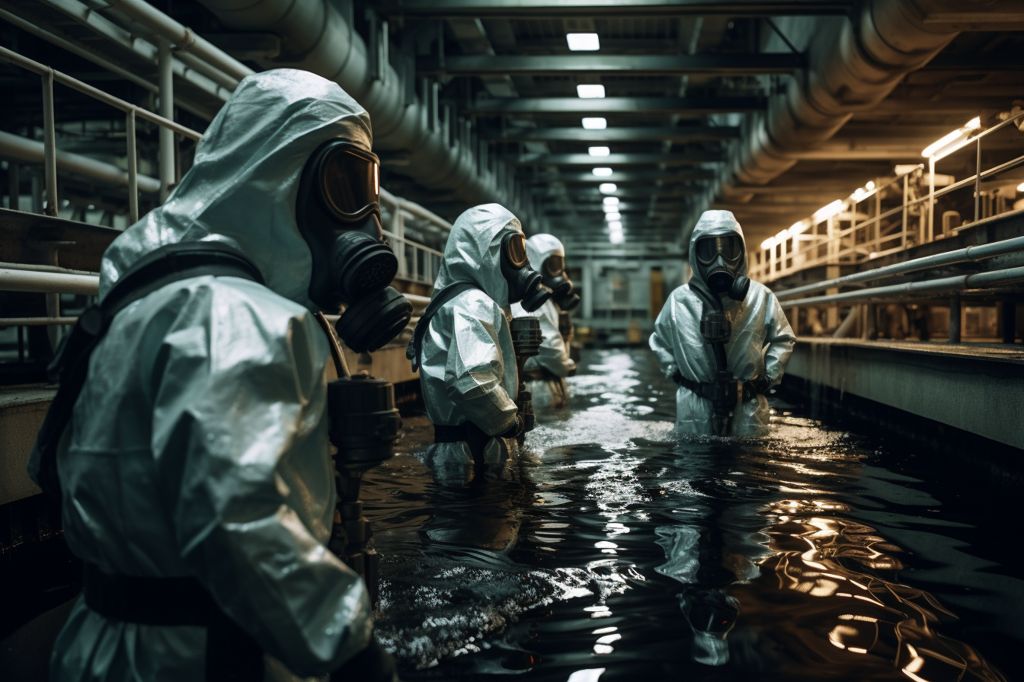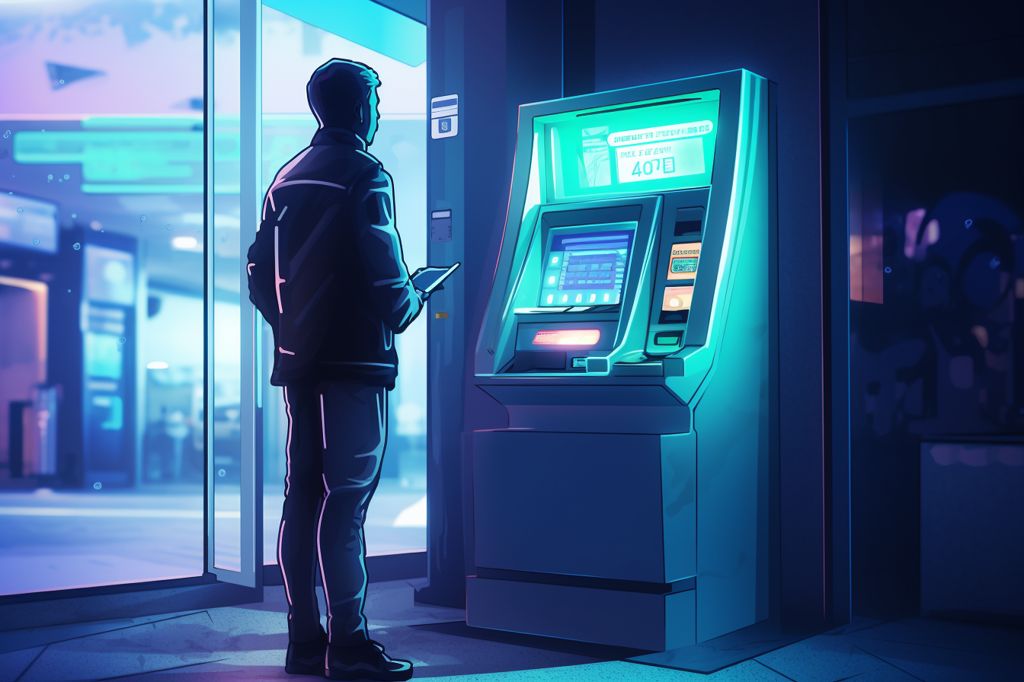KwaZulu-Natal, a South African province, is grappling with the urgent need to supply secure and dependable water and sanitation services to its inhabitants. The Department of Water and Sanitation (DWS) acknowledges the South African Human Rights Commission’s (SAHRC) report on these issues and is actively working on solutions to improve the current conditions.
The deterioration of water and sanitation services can be traced back to years of neglecting infrastructure in both rural and urban areas, inadequate operations and maintenance, and insufficient funding from local municipalities. Many municipalities suffer from poor billing, revenue collection, and debtor management systems, as well as high levels of non-revenue water resulting from leaky infrastructure.
DWS’s Action Plan and Projects
To address these issues, DWS has developed an action plan for Water Services Authorities (WSAs) in critical performance states, including time frames and budgets to address infrastructure and operational deficiencies. Minister Senzo Mchunu has also launched various initiatives to enhance water and sanitation services in the KwaZulu-Natal region.
A significant initiative is the allocation of funds from the Regional Bulk Infrastructure Grant (RBIG) and Water Services Infrastructure Grant (WSIG) to support the most underperforming municipalities. The Department is presently funding bulk water infrastructure projects worth R7.8 billion in the province through the RBIG. Notable projects include the Mandlakazi Bulk Water Supply Project in Zululand District Municipality, Greater Mthonjaneni Bulk Water Supply Project, and Middledrift Bulk Water Supply Project, both in King Cetshwayo District Municipality.
Additional Funding and Intervention Initiatives
Moreover, the Department has allocated nearly R2.3 billion for additional projects through its water entity, uMngeni-uThukela Water Board. These projects aim to provide bulk water supply in various districts, such as uMgungundlovu, iLembe, and eThekwini. In one of the largest rural-based projects in recent years, the Greater Mpofana Bulk Water Supply Scheme managed by Umngeni-Uthukela Water aims to provide access to safe drinking water to Mpofana and uMngeni Local Municipalities.
In February 2022, the Minister invoked Section 63 of the Water Services Act in the uMkhanyakude District Municipality to offer support and direction to the Municipality regarding the management, operation, and maintenance of its water and sanitation infrastructure. The intervention aimed to restore services within the district, which has multi-billion water projects such as the Greater Ingwavuma Bulk Water Supply Scheme and the Mtikini Water Supply Scheme.
To tackle challenges in Ugu District Municipality, which has struggled with water and sanitation service delivery due to aging infrastructure and growing demand, the Department has allocated R150 million from the WSIG. This funding will help address immediate challenges in the district.
Partnership with the Private Sector and Reorganization of Water Boards
The DWS has also established a Water Partnerships Office within the Development Bank of Southern Africa (DBSA) to foster strategic partnerships with the private sector for investment in water infrastructure. Minister Mchunu has called for collaborations with the private sector to address water challenges, recognizing the essential role of sustainable water supply in promoting development and investment in the country.
Reorganizing Water Boards is another measure being taken by the Department to better support under-capacitated WSAs. Umngeni-Uthukela Water, which was formed by merging Umgeni Water and the erstwhile uMhlathuze Water, was among the first to be reconfigured, with its boundary extended to cover the entire province.
Future Plans for Water Management and Legislation
The Department also plans to establish the uPongola-Mzimkulu Catchment Management Agency (CMA) for decentralized water resource management and protection of all rivers in KwaZulu-Natal. The CMA will address unlawful water use and the processing of water use licenses.
Transforming existing Irrigation Boards into Water User Associations is another initiative, with ten Irrigation Boards in KwaZulu-Natal having submitted proposals for transformation.
Lastly, the Department will be gazetting an amended Water Services Act to strengthen and clarify the role of municipalities as Water Services Authorities, ensuring that Water Service Providers adhere to minimum norms and standards. The amendments will also enable the national department to intervene more decisively when municipalities fail to address deficiencies in the provision of water and sanitation services.
In conclusion, the DWS welcomes the SAHRC report and acknowledges the critical task of improving wastewater management, restoring water quality, and ensuring a reliable supply. The Department is committed to providing increased investments, revenue sufficiency, and professional technical and managerial skills to achieve these goals. With the ongoing efforts of the DWS and collaboration with various stakeholders, there is hope for a brighter future for water and sanitation services in KwaZulu-Natal.









